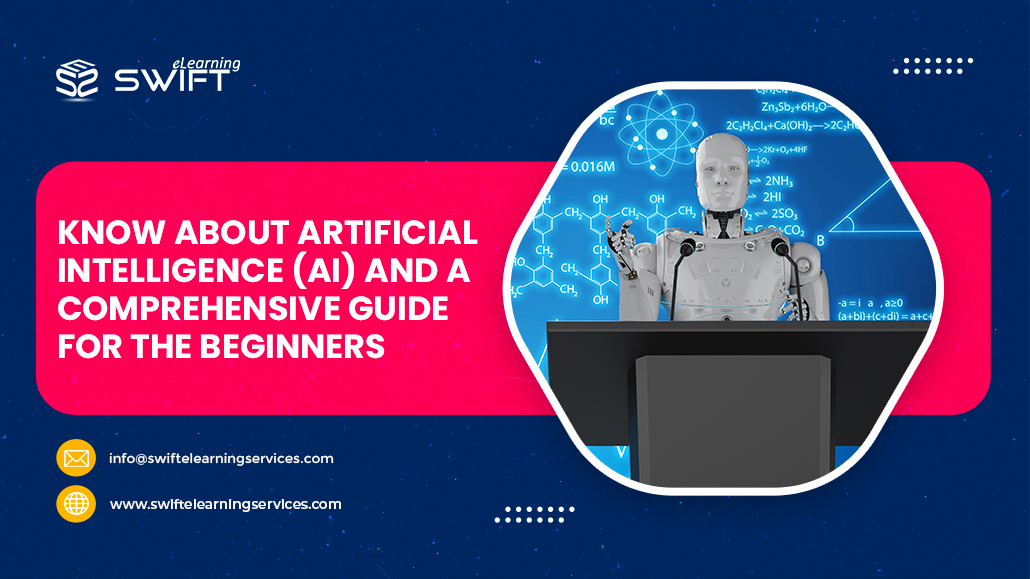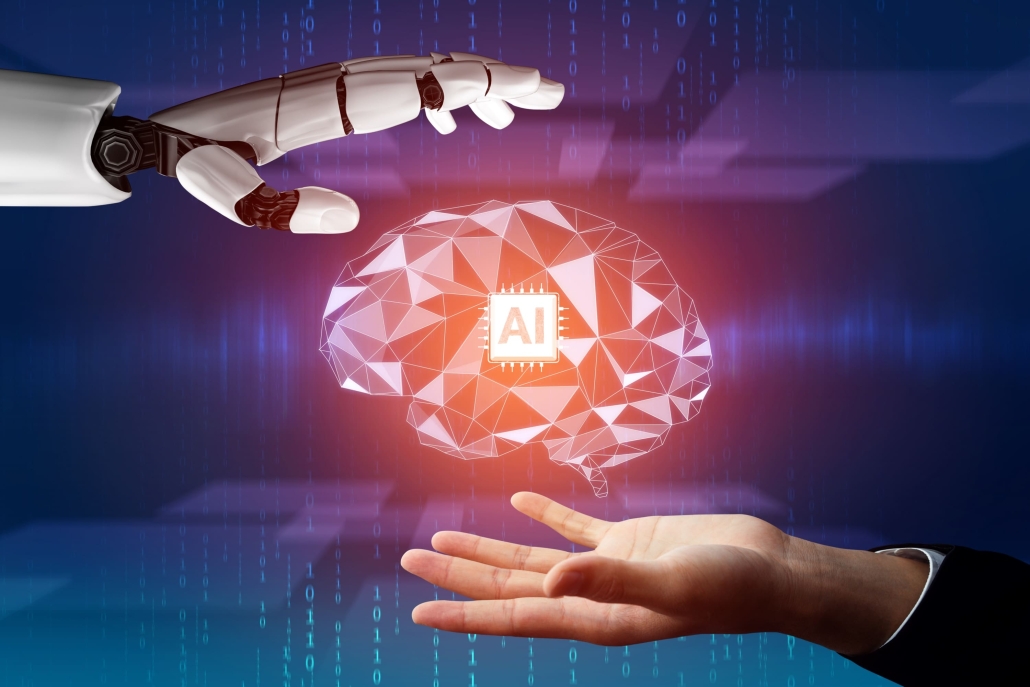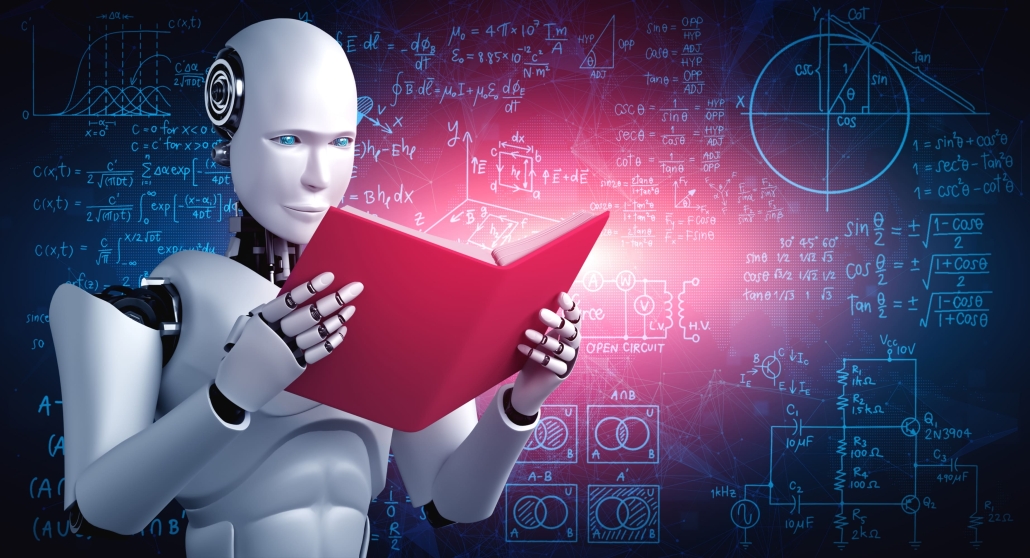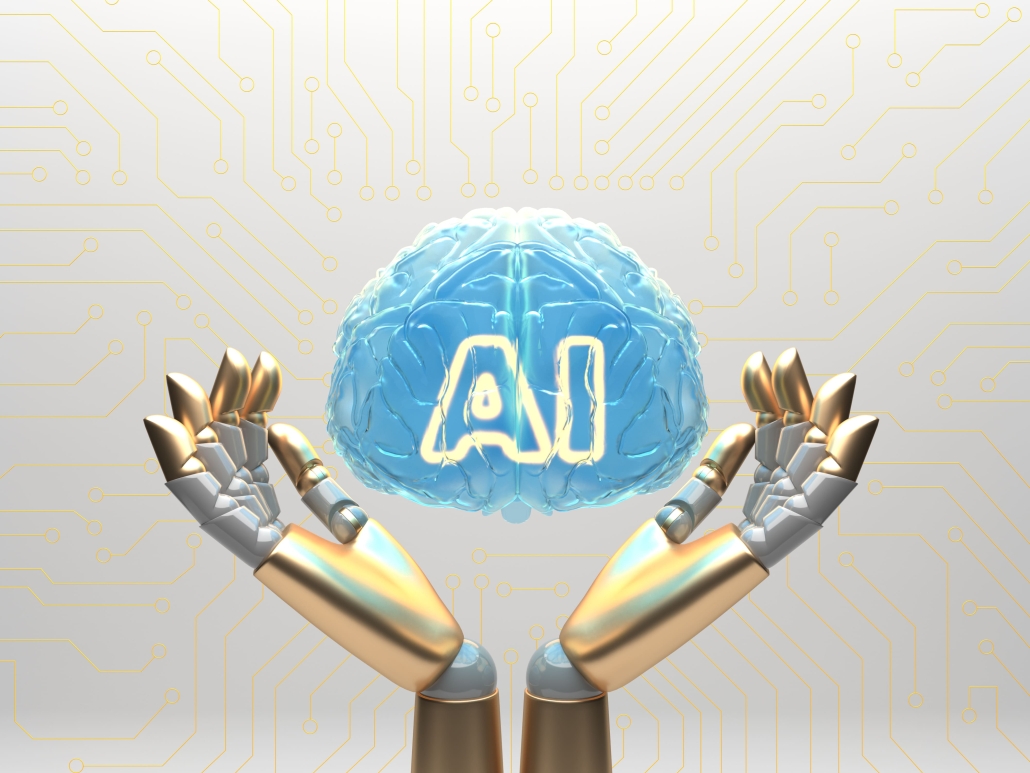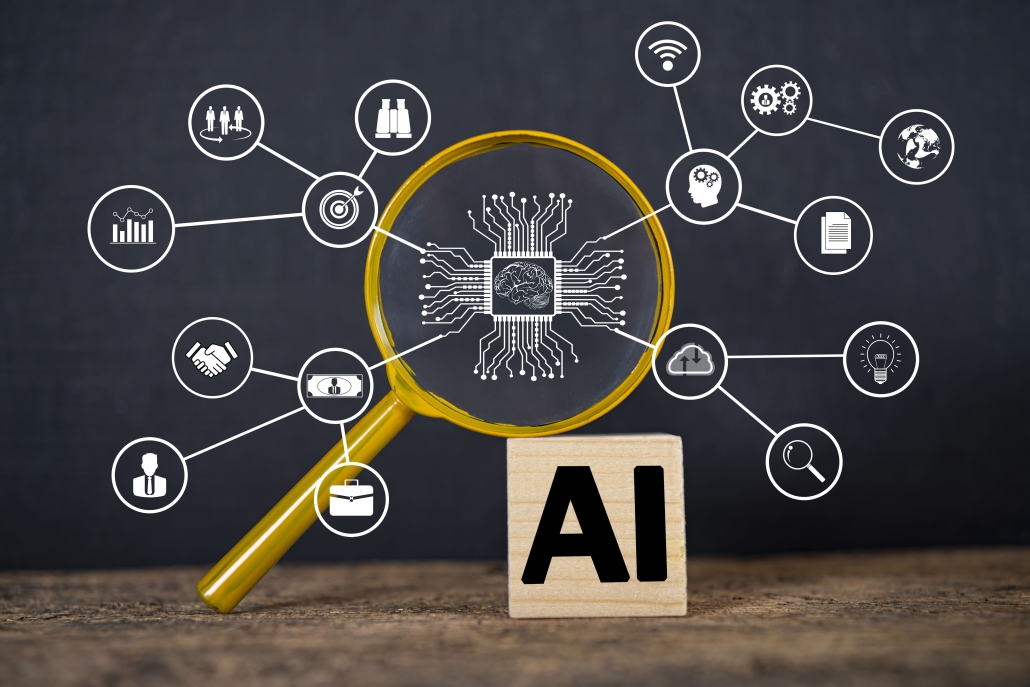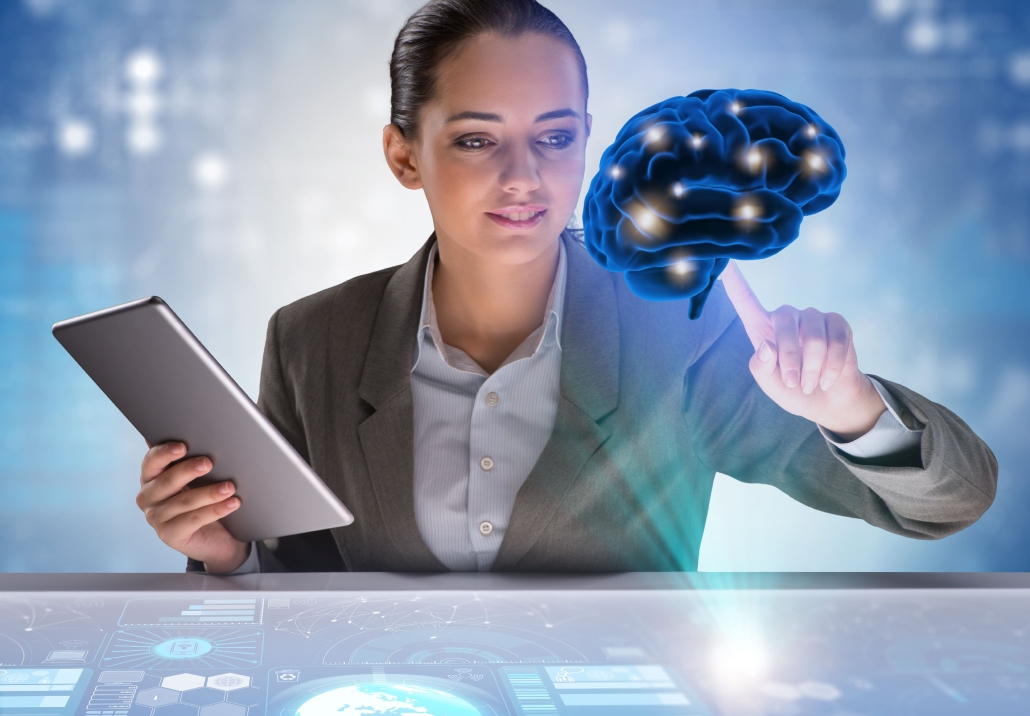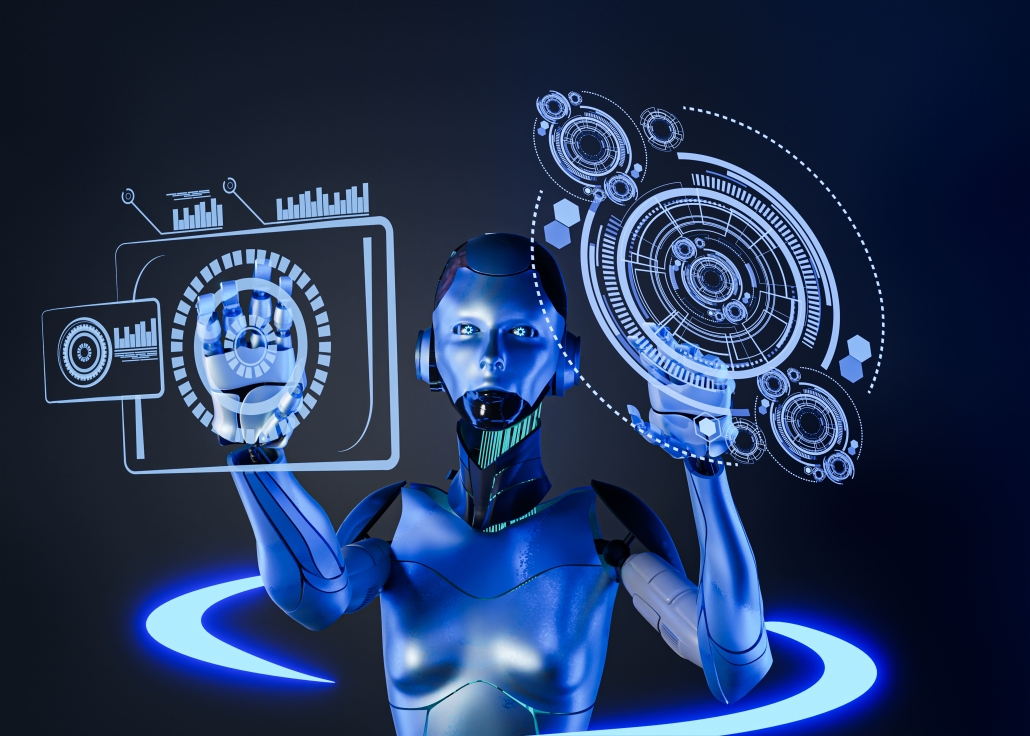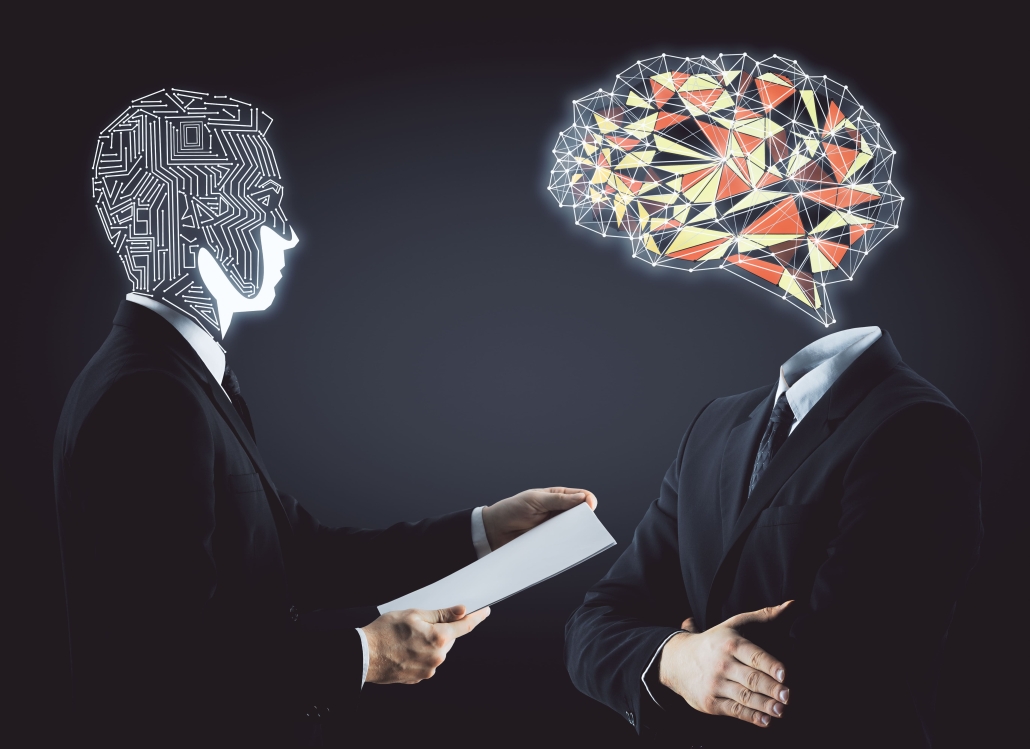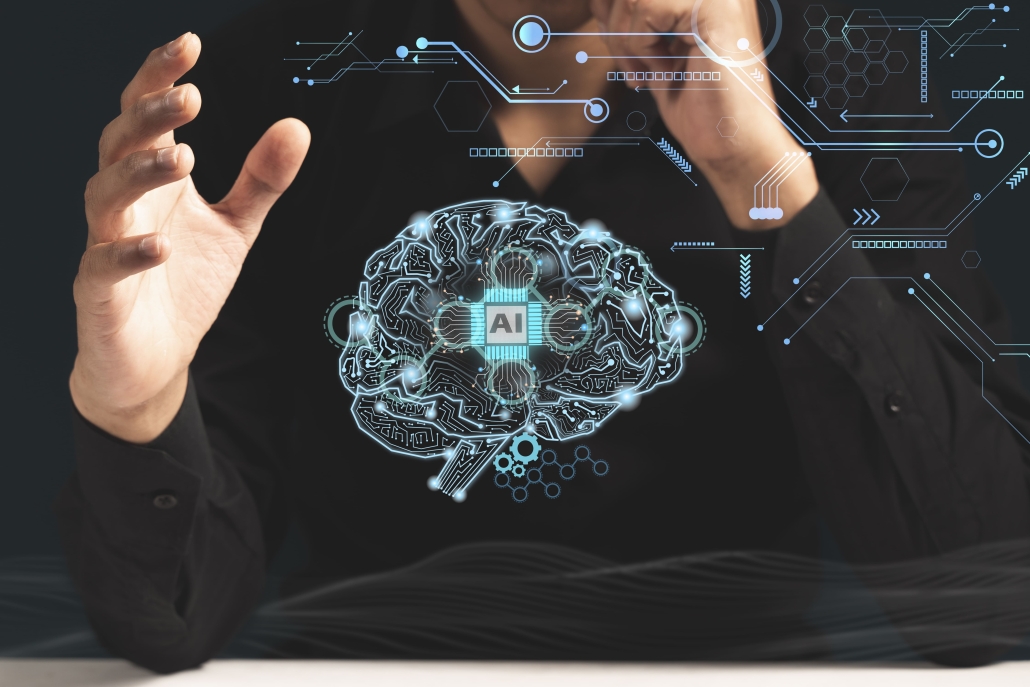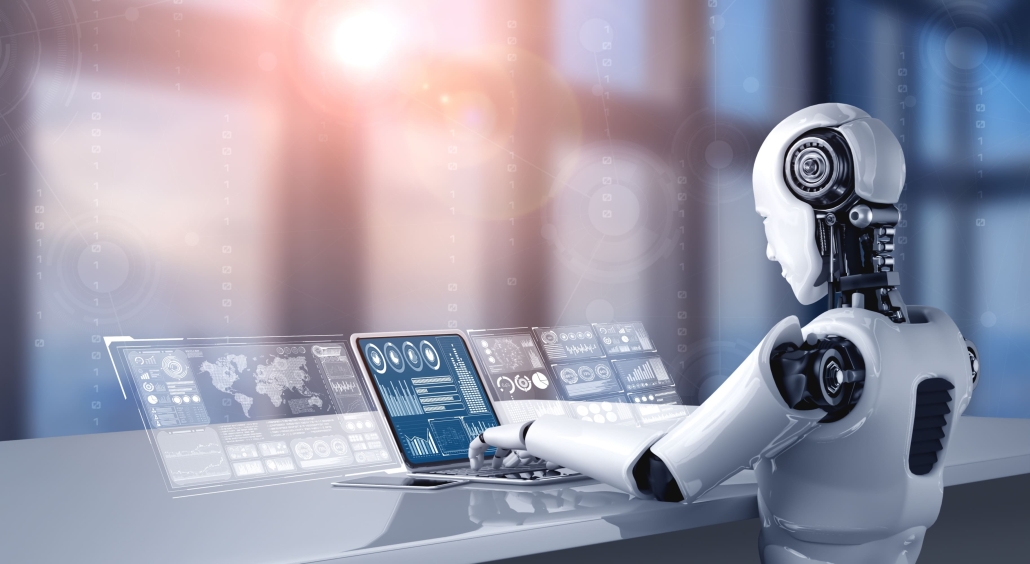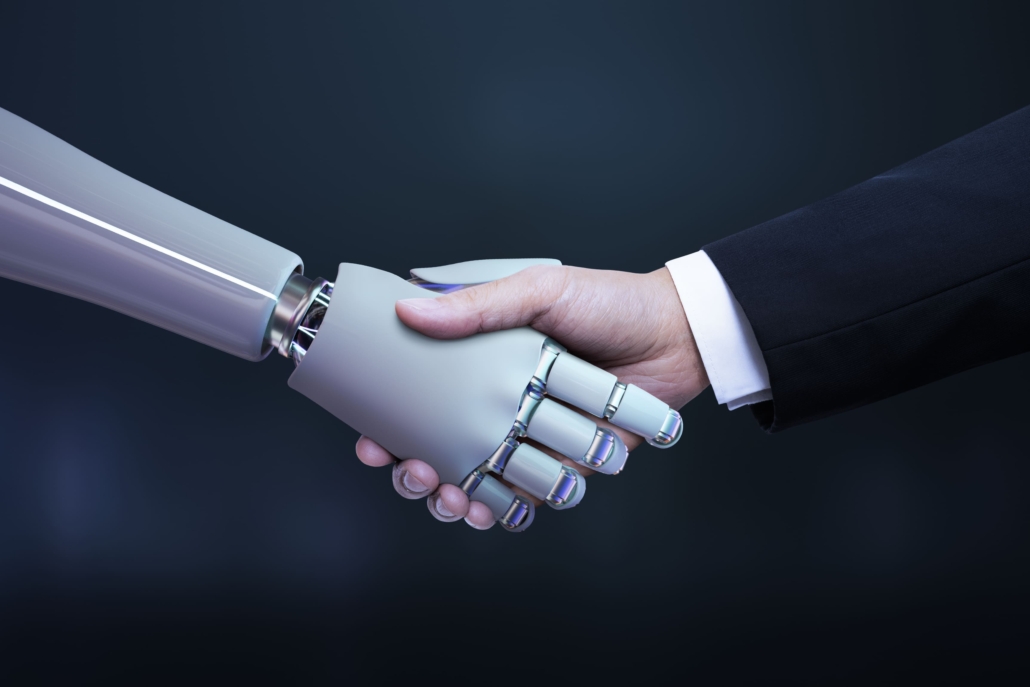Know About Artificial Intelligence (AI) and A Comprehensive Guide for the Beginners
Are you curious about Artificial Intelligence (AI) and want to learn from scratch? This comprehensive guide for beginners covers everything you need to know about AI, from its definition to real-world applications. Delve into the world of AI with engaging content and expert insights.
Artificial Intelligence, or AI, is a revolutionary technology that has taken the world by storm. From virtual assistants to self-driving cars, AI has penetrated every aspect of our lives. For beginners, the world of AI may seem overwhelming, but fear not!
This comprehensive guide is designed to provide you with a detailed and engaging introduction to the fascinating world of AI. So, let’s embark on this exciting journey of discovering what AI is all about.
1. What is Artificial Intelligence (AI)?
Artificial Intelligence (AI) refers to the simulation of human intelligence in machines that are programmed to think and learn like humans. These machines can process large amounts of data, recognize patterns, and make decisions with minimal human intervention. It is the ability of machines to carry out tasks that typically require human intelligence, such as visual perception, speech recognition, and decision-making.
2. The History of Artificial Intelligence (AI)
The concept of Artificial Intelligence (AI) dates back to ancient myths and folklore, but the real progress began in the 20th century. It was in the 1950s when AI research truly took off. The famous Dartmouth Conference in 1956 is considered the birth of AI as a field of study. Since then, AI has experienced multiple breakthroughs, leading to the advanced technologies we have today.
3. Artificial Intelligence (AI) and Machine Learning
Machine Learning (ML) is a subset of AI that focuses on algorithms and statistical models to enable machines to improve their performance on a specific task with experience. ML algorithms learn from data and make predictions or decisions based on that data. Deep Learning is a type of ML that uses artificial neural networks to model and process complex patterns.
Machine Learning plays a vital role in AI systems by training them to become more accurate and efficient over time. It involves feeding data into algorithms and allowing the system to learn from patterns and correlations within the data. This iterative learning process empowers AI systems to make predictions, recognize objects, and perform other tasks with increasing accuracy.
4. The Types of Artificial Intelligence (AI)
Artificial Intelligence (AI) can be categorized into three types:
- Narrow AI
- General AI, and
- Super intelligence
4.1 Narrow AI
Narrow AI, also known as Weak AI, is designed for a specific task and is prevalent in various applications today.
Examples include voice assistants like Siri and Alexa, recommendation systems, and facial recognition software. Narrow AI excels at the specific task it is designed for but lacks the ability to generalize beyond that task.
4.2 General AI
General AI, on the other hand, would possess human-like intelligence and be capable of understanding and performing any intellectual task that a human can do. General AI remains an aspiration and is currently not fully realized.
4.3 Super Intelligence
Super intelligence refers to an AI system that surpasses the capabilities of human intelligence. It is a theoretical concept and raises questions about the potential risks and ethical implications associated with highly advanced AI systems.
5. Why is Artificial Intelligence (AI) Important?
AI’s significance lies in its potential to transform industries and improve various aspects of our lives.
From healthcare to finance, entertainment to transportation, AI is revolutionizing how we interact with technology and the world around us. It has the power to enhance efficiency, productivity, and decision-making processes on a global scale.
The benefits of AI can be seen in numerous fields. For example, in healthcare, AI aids in disease diagnosis, drug discovery, and personalized treatment plans.
In finance, AI algorithms analyse vast amounts of data to detect fraud, make investment decisions, and improve customer service.
AI also plays a crucial role in transportation, optimizing traffic flow, and enabling autonomous vehicles. These are just a few examples of AI’s wide-ranging impact.
6. Artificial Intelligence (AI) Applications in Everyday Life
Artificial Intelligence (AI) is no longer a futuristic concept; it is already a part of our daily lives. Let’s explore some common applications of AI:
6.1 Virtual Assistants
Virtual assistants like Siri, Alexa, and Google Assistant help users with voice-based commands and queries. They can provide information, play music, set reminders, and perform various other tasks.
6.2 Social Media Algorithms
AI algorithms analyze user data to tailor personalized content on social media platforms. These algorithms determine the posts, ads, and recommendations that appear on users’ feeds, enhancing their overall social media experience.
6.3 Recommendation Systems
E-commerce websites use AI-based recommendation systems to suggest products to customers based on their preferences.
By analysing user behaviour and purchase history, these systems offer personalized recommendations, leading to increased customer satisfaction and sales.
6.4 Autonomous Vehicles
Self-driving cars utilize AI to navigate and make real-time decisions on the road. AI algorithms process sensor data from cameras, radar, and lidar to detect objects, predict their movements, and safely operate the vehicle.
These examples represent just a fraction of AI’s applications in our everyday lives. From personalized entertainment recommendations to voice-controlled home devices, AI is making our lives more convenient and efficient.
7. Understanding AI Ethics and Bias
As AI becomes more prevalent, addressing ethical concerns and biases becomes crucial. AI systems are only as good as the data they are trained on. Biased data can lead to biased outcomes, reinforcing societal prejudices. Developers must prioritize fairness, transparency, and accountability in AI systems to ensure they benefit all individuals and communities.
AI bias refers to the unfair or discriminatory treatment of certain groups or individuals by AI systems. Bias can arise from biased training data or biased algorithms. For example, facial recognition systems that are predominantly trained on lighter skin tones may exhibit lower accuracy when identifying individuals with darker skin tones. Recognizing and mitigating bias is a critical step in developing ethical and trustworthy AI systems.
8. Challenges in AI Implementation
While AI offers incredible potential, its implementation comes with challenges. Some of these challenges include:
8.1 Data Privacy
AI relies heavily on data, raising concerns about user privacy and data security. Collecting, storing, and processing personal data must be done responsibly and in compliance with relevant privacy laws.
8.2 Job Disruption
AI automation may lead to job displacement and require workforce upskilling. While AI can automate repetitive tasks, it also creates new job opportunities that require skills in managing and leveraging AI technologies.
8.3 Regulatory and Legal Issues
AI applications raise questions about responsibility, liability, and accountability in case of errors or accidents. The legal framework surrounding AI is still evolving, and policymakers must address these challenges to ensure AI is deployed responsibly.
9. Artificial Intelligence (AI) and the Future
The future of AI is both exciting and unpredictable. As technology advances, AI will continue to reshape industries and change the way we live and work. Ethical considerations, along with ongoing research and development, will play a crucial role in shaping the trajectory of AI’s impact on society.
With the rapid pace of AI innovation, it is essential to remain informed about the latest advancements and engage in discussions about the ethical implications of AI. By doing so, we can ensure that AI technology is harnessed for the greater good and benefits humanity as a whole.
10. Conclusion – Know About Artificial Intelligence (AI) and A Comprehensive Guide for the Beginners
Congratulations! You’ve now completed a comprehensive journey into the world of Artificial Intelligence (AI). From its definition and history to real-world applications and potential challenges, this guide has provided you with a solid foundation in AI concepts.
Remember that AI is continually evolving, and its impact on society will continue to shape our future. Embrace this exciting technology with an ethical and open mind-set, and you’ll undoubtedly be at the forefront of innovation and progress.
11. FAQ’s About Know About Artificial Intelligence (AI) and A Comprehensive Guide for the Beginners
What is the ultimate goal of AI?
AI’s ultimate goal is to create machines and systems that can perform tasks independently, understand and learn from their environment, and mimic human intelligence effectively.
Can AI replace human jobs entirely?
While AI may automate certain tasks, it is unlikely to replace humans entirely. Instead, AI is expected to augment human capabilities and create new job opportunities.
How does AI learn from data?
AI algorithms use patterns and structures in data to identify relationships and make predictions. Through a process known as machine learning, these algorithms become more accurate with more data exposure.
Is AI dangerous for society?
AI’s potential impact on society raises concerns, but with responsible development and regulation, the benefits can outweigh the risks.
Can AI be creative like humans?
Current AI capabilities in creativity are limited, but ongoing research in areas like creative AI and generative art shows promising results.
Will AI surpass human intelligence?
The possibility of AI surpassing human intelligence, known as Super intelligence, is a topic of debate among experts. It remains uncertain if and when this could happen.

